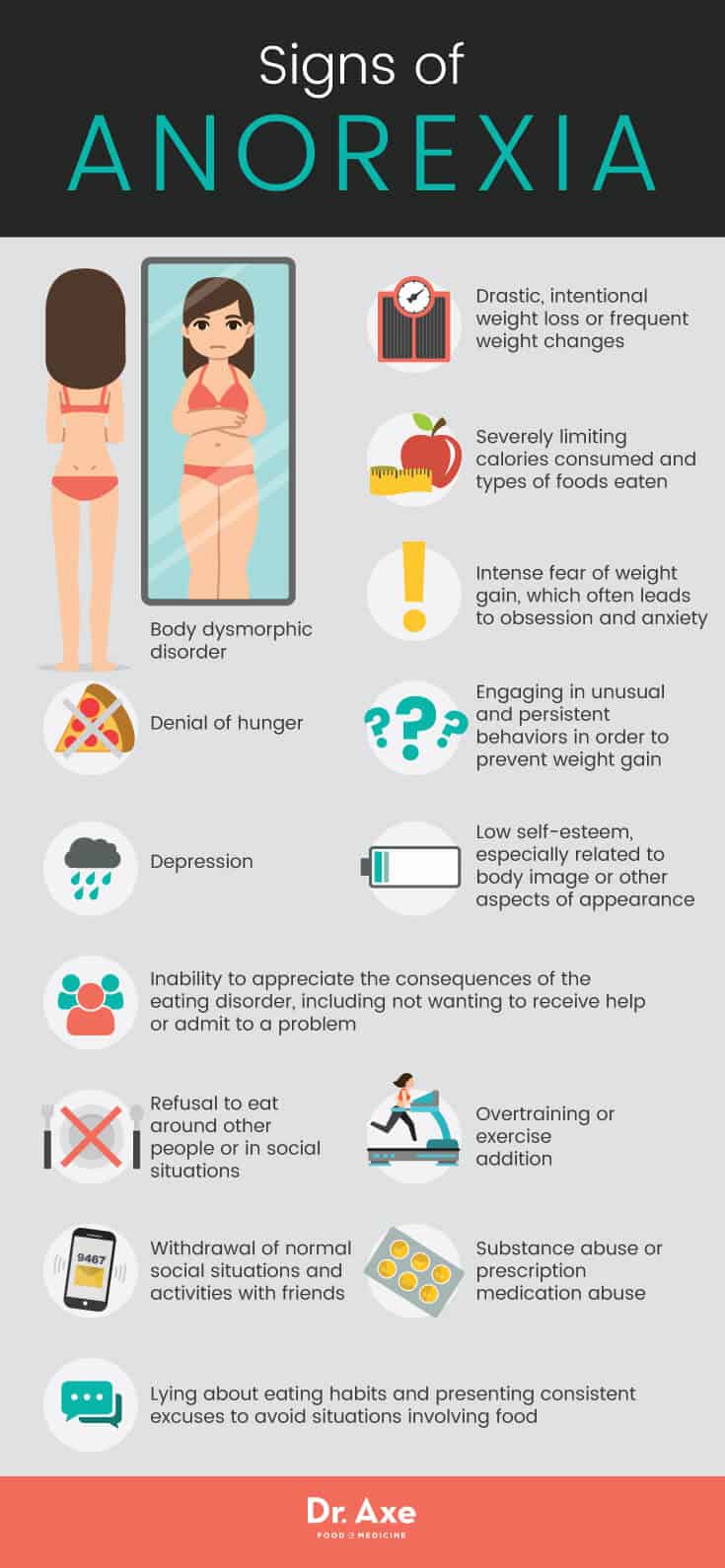
Midlfe Eating Disorders: Unpacking the Hidden Health Risks
Did you know that by age 40, one in five women has dealt with an eating disorder, which is twice the proportion of women affected by age 21? While we often associate eating disorders with younger individuals, the risks for anorexia, bulimia, and binge eating can actually rise at midlife due to various stressors such as job pressures, empty nest syndrome, and dating again after divorce or widowhood. These disorders can have serious health effects, including but not limited to bone loss, heart problems, lung conditions, gastrointestinal issues, diabetes, and skin breakdown.
The Dangers of Long-Term Consequences
It’s essential to recognize that the long-term consequences of eating disorders are even more severe and can be deadly. For instance, liver damage is a common consequence of anorexia nervosa due to nutrient deficiencies. Additionally, anorexia of aging, characterized by decreased appetite and food intake in old age, is a significant factor contributing to under-nutrition among the elderly, leading to adverse health outcomes and increased morbidity.
Expert Insights and Research Findings
Lead study author Cynthia Bulik, a Ph.D. and director of the Center of Excellence for Eating Disorders at the University of North Carolina, Chapel Hill, revealed that 13 percent of American women aged 50 or older experience symptoms of an eating disorder. Shockingly, 60 percent report that their concerns about weight and shape negatively impact their lives, emphasizing the pervasive nature of this issue.
Seeking Timely Treatment
It’s crucial to address eating disorders promptly, as delaying treatment can lead to serious health complications. Anorexia can result in various long-term health issues, affecting fertility, heart health, gut health, relationships, and overall quality of life. Research suggests that beginning treatment earlier can have a more positive impact on long-term health outcomes.
Raising Awareness and Encouraging Support
As the number of older women seeking treatment for eating disorders continues to rise, it’s vital to raise awareness about these hidden health risks and provide support for individuals struggling with these conditions. By shedding light on midlife eating disorders and advocating for timely intervention, we can help improve the health and well-being of affected individuals.







